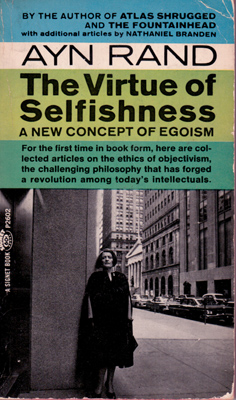Seems to me there are two main types of Republicans which are fundamentally at odds.
There is the fake fiscal conservative type who claims to want to keep government small and lean, but really wants the government to minimize involvement with people (no social entitlements) while maintaining corporate welfare (subsidies/tax-incentives and special legal benefits or allowances) and an oversize military budget (much of that tied into corporate welfare, a la weapons manufacturers and “contractor” mercenaries). There is also a much smaller genuine fiscal conservative group (libertarian-leaning) who legitimately want to stop corporate welfare as well as minimizing social welfare. Both of these groups rally around the idea of keeping government out of our lives.
Then there are is the social conservative type, who wants more government involvement with certain Christian sects (e.g. prayer in schools, teaching alternatives to evolution) and they want their religious values to translate into legal restrictions (e.g., preventing all of the following: gay marriage/relationships, abortions, contraceptions, sex education and premarital sex). What these social conservatives really want is more government involvement in people’s lives.
One group wants the government to do the bare minimum for citizens (and supposedly minimize spending), while the other group wants government to babysit people (with more spending in regulation and law-enforcement). And yet, somehow, the Republican party is a blend of these two ideologies. I don’t really get it.
G.O.P. S.O.P.
corporate pleasure
legislate against sinners
find your own treasure


